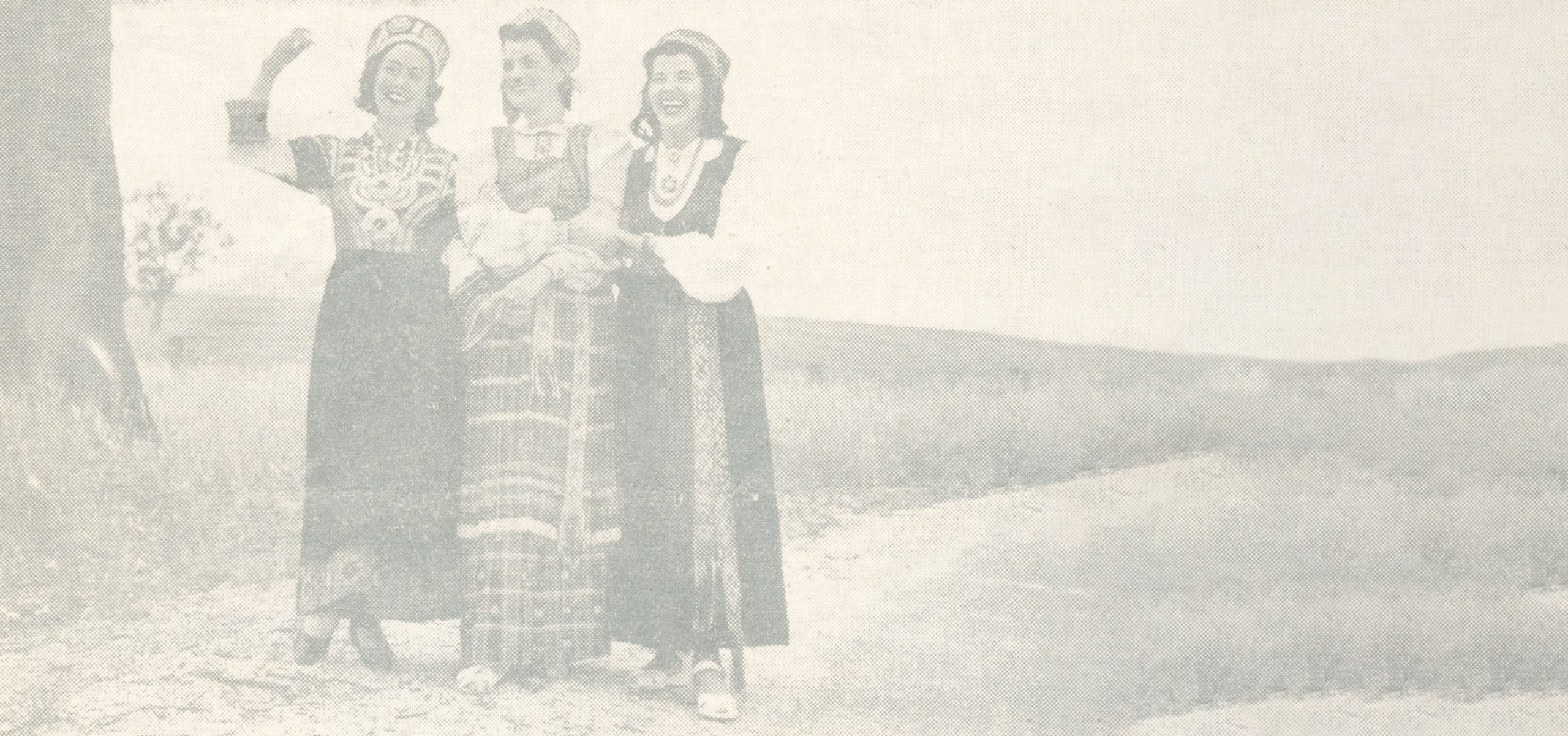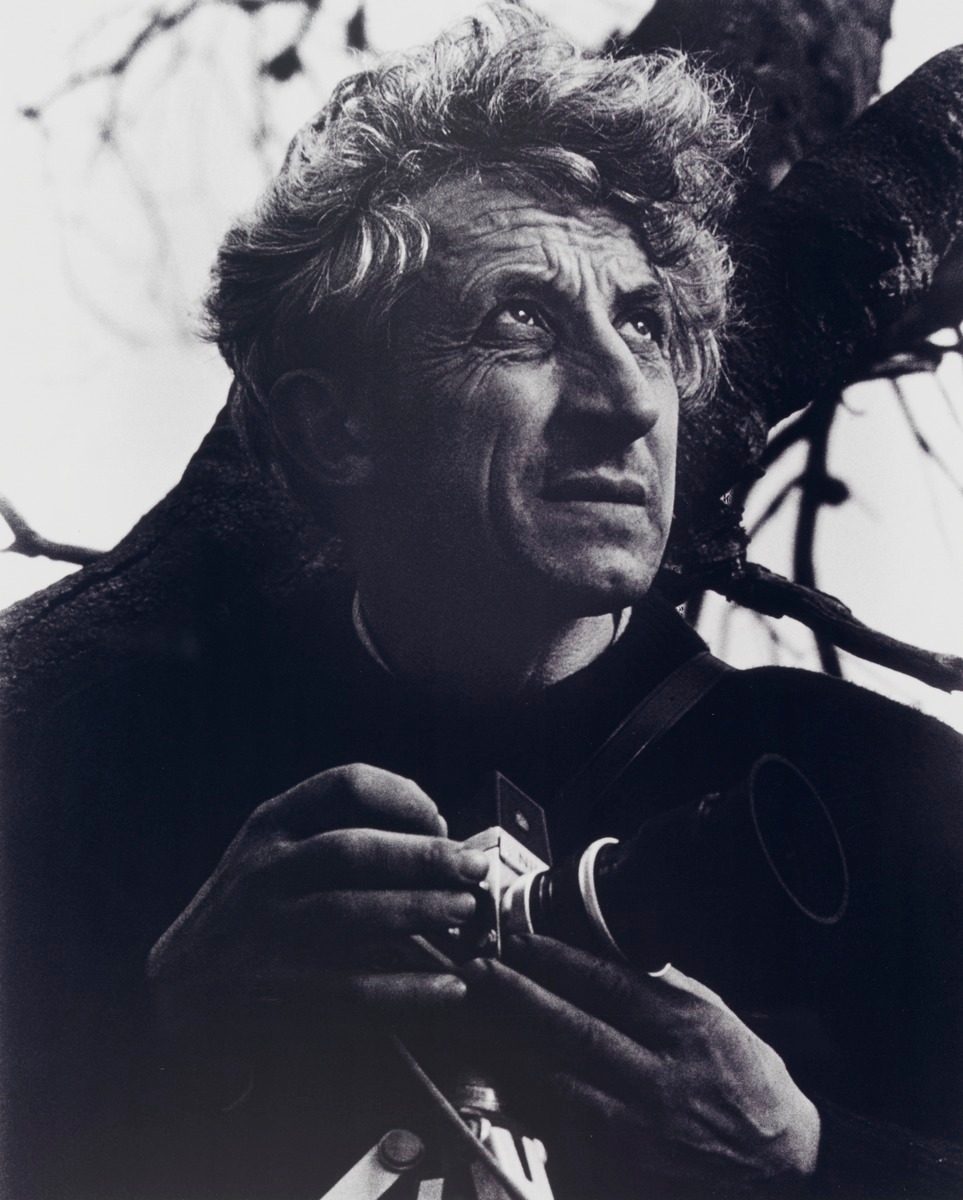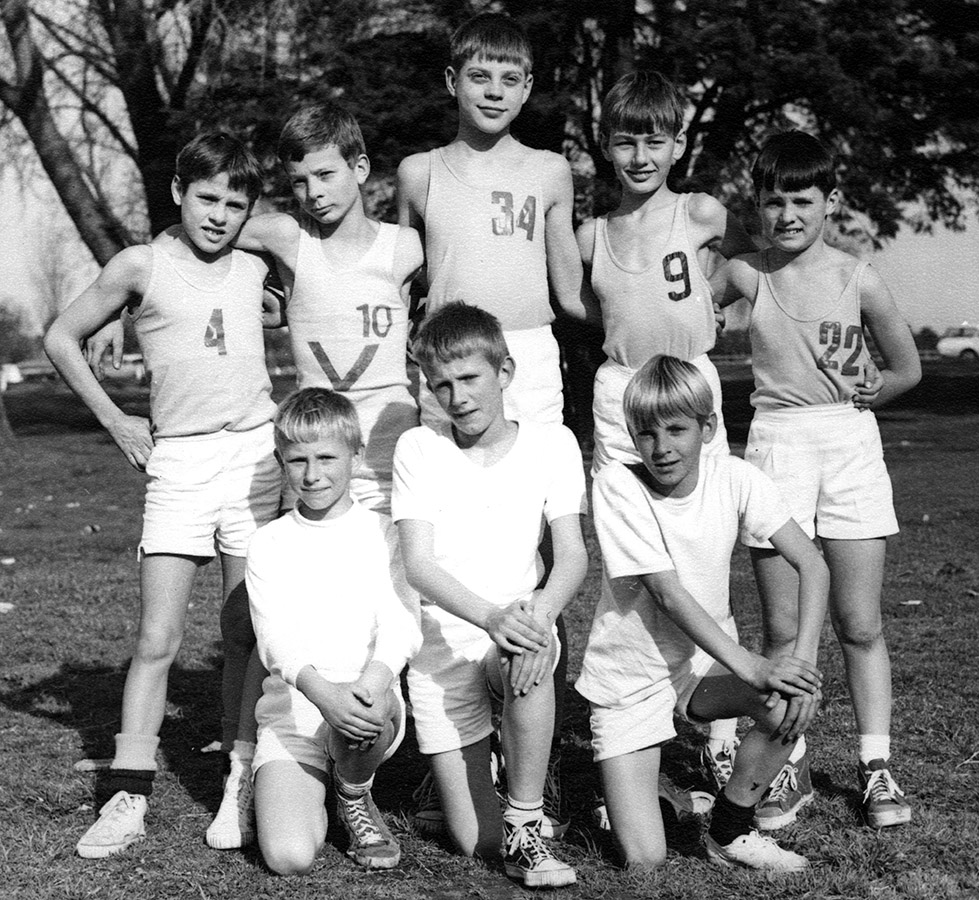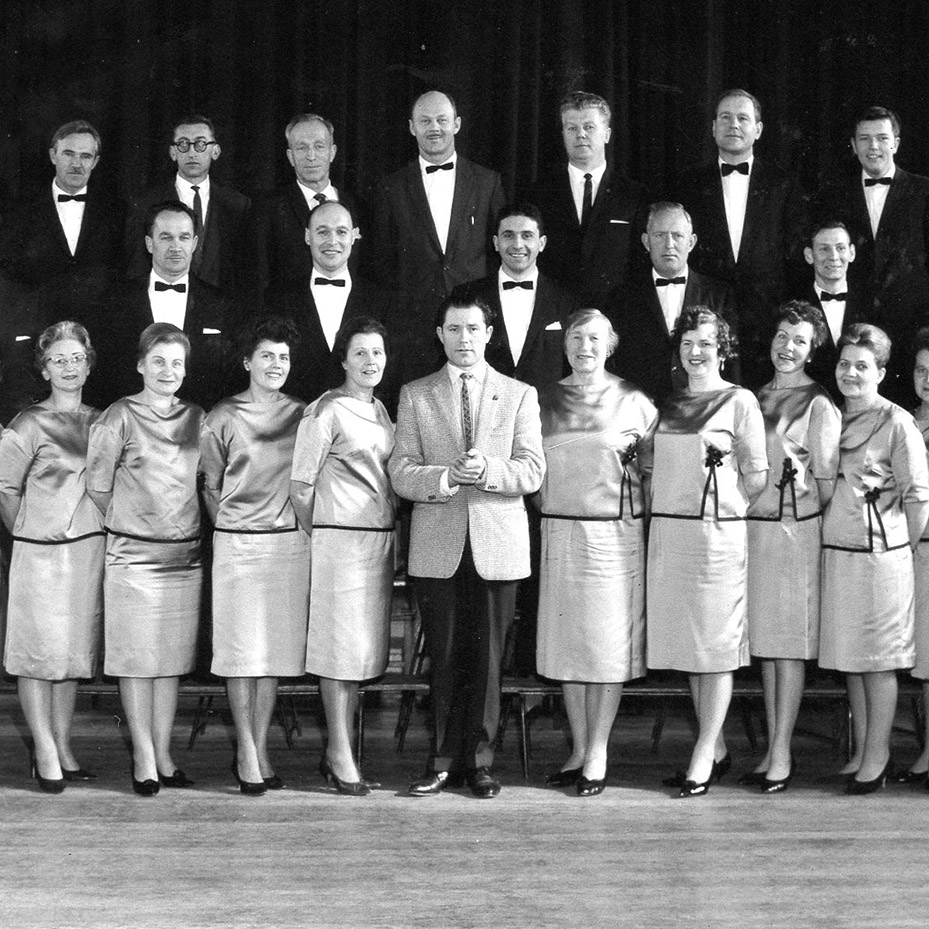Since 1949, Musu Pastoge has been delivering a weekly newsletter to Lithuanian Australians
As more of the older generation pass on, people are asking what to do with the Lithuanian books left in their care. These days more and more people are accessing books digitally and very few of those of Lithuanian descent born in Australia will read books in Lithuanian.
So what do you do with the books?
























